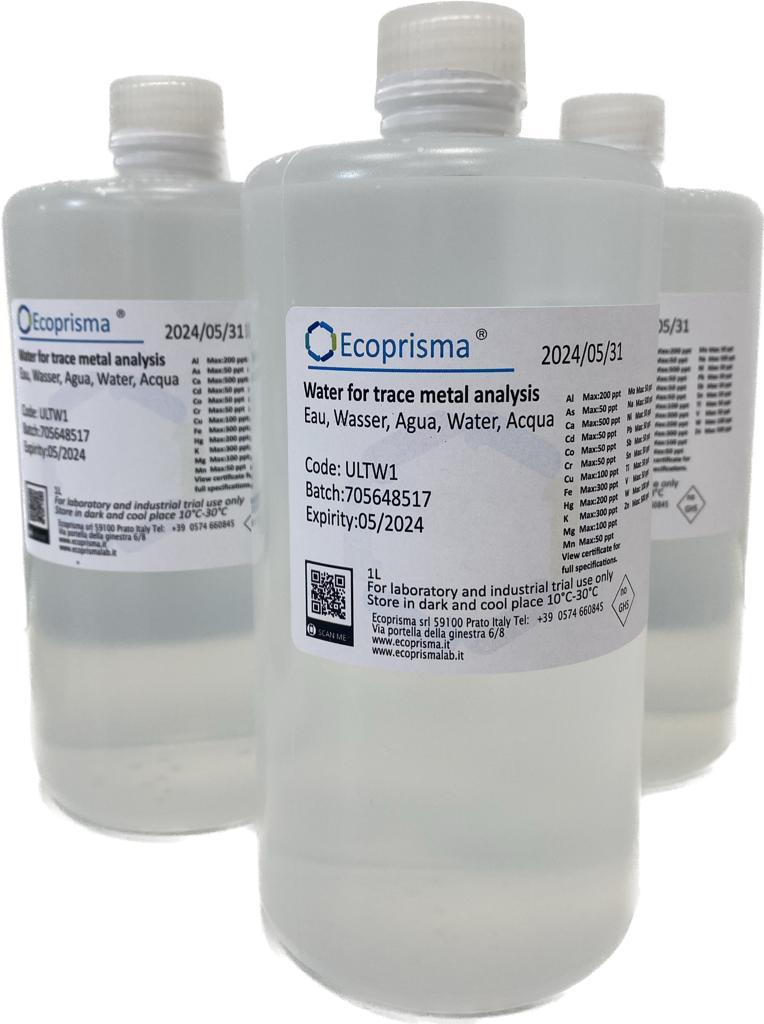Wet Chemistry Products
Water, often referred to as the “universal solvent,” is fundamental in various scientific and industrial applications. Among these, chemical analysis stands out as a domain where the quality of water used can significantly impact results. Ultrapure water (UPW), characterized by its exceptionally high purity, is crucial for achieving accurate and reliable outcomes in chemical analyses. This article explores the importance of ultrapure water in this field.
Defining Ultrapure Water
Ultrapure water is water that has been extensively treated to remove all contaminants, including dissolved and particulate matter, organic and inorganic substances, and biological impurities. The purity of UPW is often measured in terms of resistivity (18.2 MΩ·cm at 25°C at the time of production), total organic carbon (TOC), and the presence of ions and particulates.
Impact on Chemical Analysis
Accuracy and Precision: The presence of even trace amounts of impurities can interfere with chemical reactions and measurements. Ultrapure water ensures that there are no extraneous variables affecting the results, leading to high accuracy and precision in analytical procedures.
Reagent Preparation: Many reagents and solutions used in chemical analysis need to be prepared in a solvent that does not introduce any additional variables. UPW serves as an ideal solvent, providing a consistent baseline for experiments.
Instrumental Performance: Analytical instruments such as high-performance liquid chromatography (HPLC), mass spectrometry (MS), and inductively coupled plasma (ICP) rely heavily on the purity of water used in their operation. Contaminants can cause baseline noise, reduce sensitivity, and even damage the instrumentation over time.
Showing all 4 results
-
Read more
ULTW1 Water for trace metal analysis (ICP) 1L
Hight purity water Water for trace metal analysis (ICPMS/AES)
Documents: COA-ULTRAW1 MSDS -
Read more
ULTWH5 Water for HPLC 5L
Hight purity water Water for trace metal analysis (ICPMS/AES)
Documents: COA-ULTRAW1 MSDS -
Read more
ULTWIC5 Water for ion cromatograpy 5L
Hight purity water Water for trace metal analysis (ICPMS/AES)
Documents: COA-ULTRAW1 MSDS -
Read more
ULTWR1 Reagent grade Water – general use
Hight purity water Water for trace metal analysis (ICPMS/AES)
Documents: COA-ULTRAW1 MSDSWater, often referred to as the “universal solvent,” is fundamental in various scientific and industrial applications. Among these, chemical analysis stands out as a domain where the quality of water used can significantly impact results. Ultrapure water (UPW), characterized by its exceptionally high purity, is crucial for achieving accurate and reliable outcomes in chemical analyses. This article explores the importance of ultrapure water in this field.


